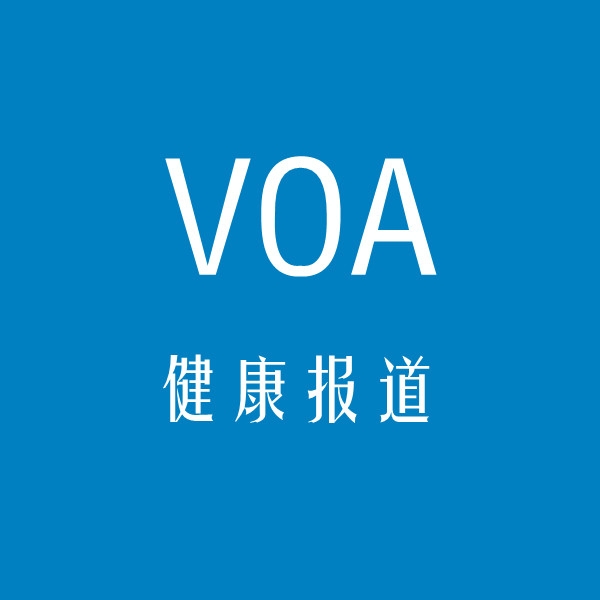| [00:00.00] |
From VOA Learning English, |
| [00:02.59] |
this is the Health Report. |
| [00:05.48] |
Hundreds of thousands of children |
| [00:08.40] |
become infected with the AIDS virus every year. |
| [00:13.02] |
There boys and girls are born to mothers who have HIV, |
| [00:18.01] |
the human immunodeficiency virus. |
| [00:21.44] |
Infection takes place during pregnancy |
| [00:24.79] |
or from breastfeeding. |
| [00:27.60] |
Recently, Scientists identified a protein |
| [00:32.31] |
in breast milk that suppresses the virus, |
| [00:35.97] |
the protein may even protect babies |
| [00:39.36] |
from become infected. |
| [00:41.72] |
Now, Experts say the discovery could lead to new ways |
| [00:46.67] |
to protect babies whose mothers are infected with HIV. |
| [00:51.77] |
To prevent Infection, doctors give Anti-retroviral drugs |
| [00:57.79] |
to both mothers and their babies, |
| [01:00.88] |
that has greatly reduced the number of infections. |
| [01:04.84] |
But experts say that even without anti-AIDS drugs, |
| [01:10.68] |
only a small percentage of babies |
| [01:13.68] |
become infected through breast milk. |
| [01:16.63] |
Sallie Permar is a professor of pediatrics and immunology |
| [01:22.19] |
at Duke University in North Carolina. |
| [01:25.96] |
She says, breastfeed babies appear to resist infection. |
| [01:31.71] |
"It is actually remarkable that despite |
| [01:34.85] |
the infant being exposed to the virus multiple times daily |
| [01:38.29] |
for up to two years of their life, |
| [01:41.57] |
actually only 10 percent of those babies |
| [01:43.82] |
will become infected," said Permar. |
| [01:45.31] |
The low rate of the infection |
| [01:47.47] |
was of great interest to researchers, |
| [01:50.13] |
including Sallie Permar. |
| [01:52.52] |
She led an effort to identify a substance in breast milk |
| [01:57.98] |
that may protect babies from infection. |
| [02:01.19] |
Her team directed its attention to a protein |
| [02:05.24] |
called Tenacin-C, also called TNC. |
| [02:10.71] |
It is known to be involved in the process of healing wounds. |
| [02:15.62] |
But what purpose it serves in breast milk is not known. |
| [02:21.27] |
The researchers exposed the TNC protein |
| [02:25.48] |
from breast milk of uninfected women to HIV, |
| [02:29.99] |
the protein linked up to the virus and made it harmless. |
| [02:34.94] |
Antiretroviral drugs remain effective |
| [02:39.04] |
in limiting the passing of HIV from mother to baby. |
| [02:44.25] |
But professor Permar and her team suggest |
| [02:49.15] |
the TNC could be used in places |
| [02:52.65] |
where costly drug treatments are often not available. |
| [02:57.66] |
"The issues are access to the drugs as well as monitoring. |
| [03:03.16] |
There are issues of toxicity and anti-retroviral drug resistance. |
| [03:07.73] |
And so we think alternative strategies |
| [03:11.49] |
may be needed to completely eliminate infant transmission," she Permar. |
| [03:14.44] |
She suggests that TNC could be given to babies |
| [03:20.35] |
before breastfeeding to provide additional protection against HIV. |
| [03:27.15] |
She adds that the protein is safe, |
| [03:30.59] |
because it is already in natural part of human milk. |
| [03:35.10] |
This may avoid the problem of HIV |
| [03:38.69] |
become resisted to Antiretroviral drugs. |
| [03:42.89] |
The team reported its findings in the journal |
| [03:46.65] |
Proceedings of the National Academy of Sciences. |
| [03:50.61] |
And that is the Health Report from VOA Learning English. |
| [03:55.90] |
I'm June Simms. |
